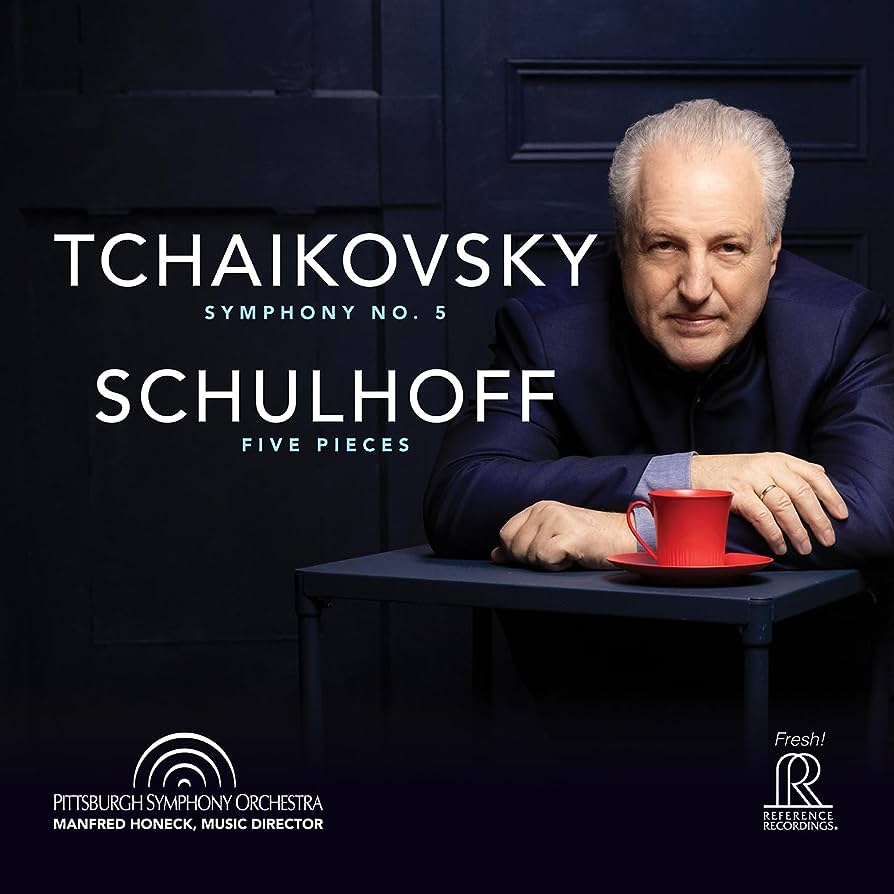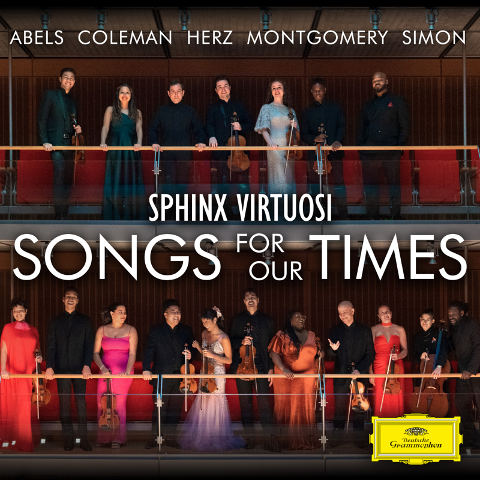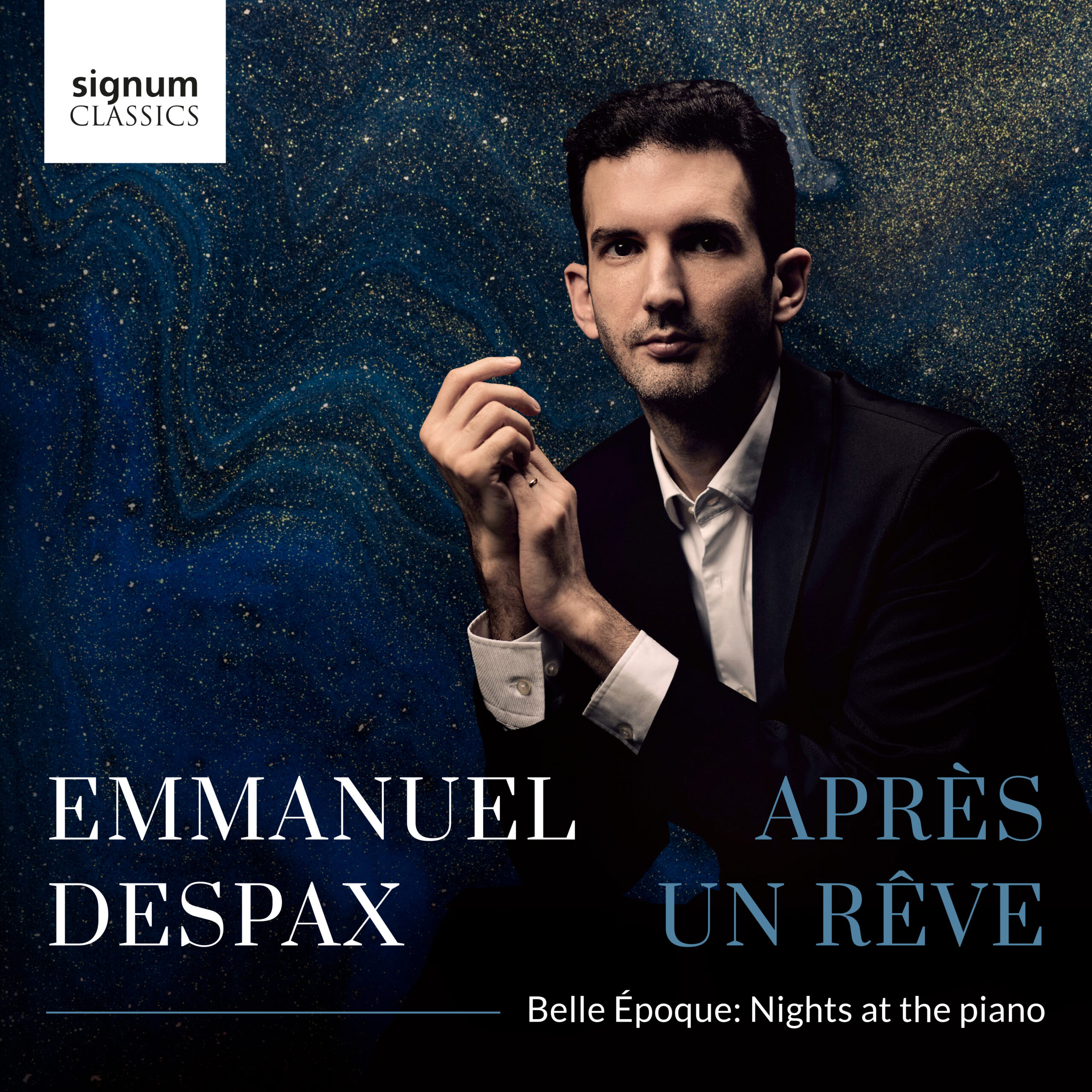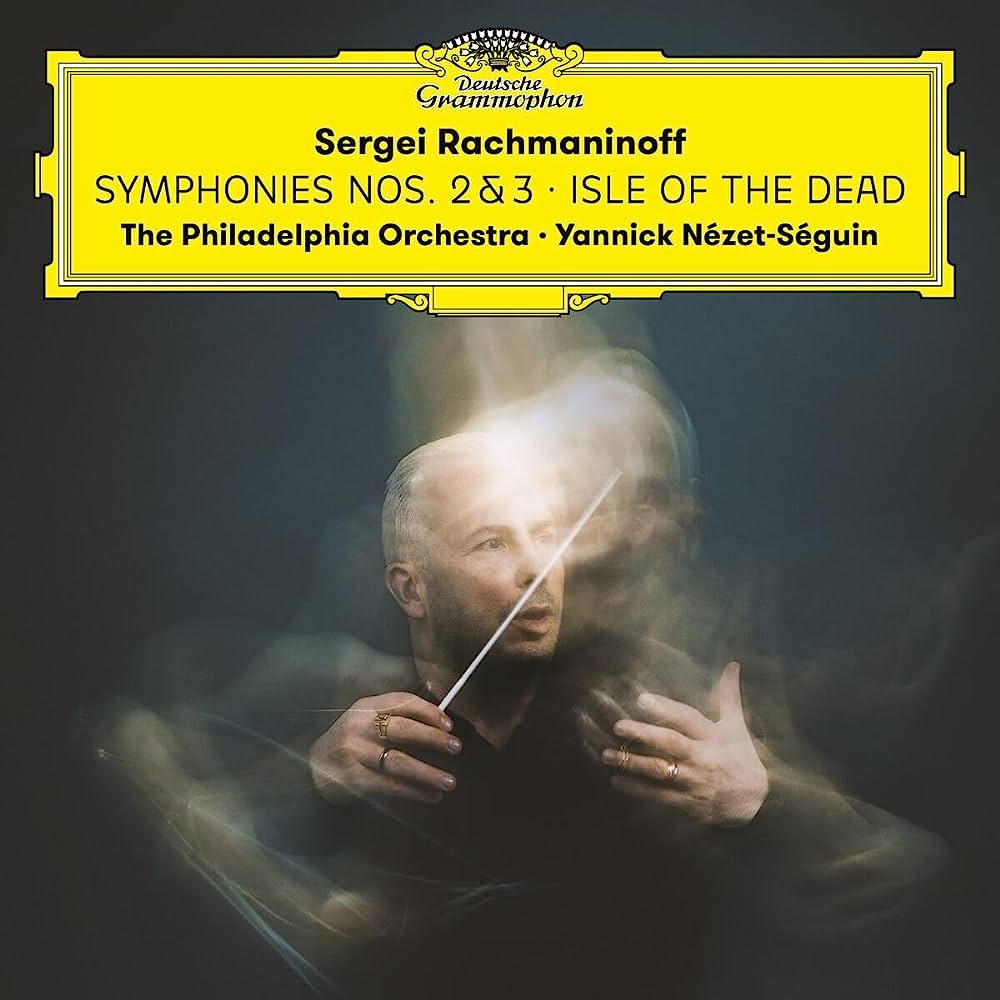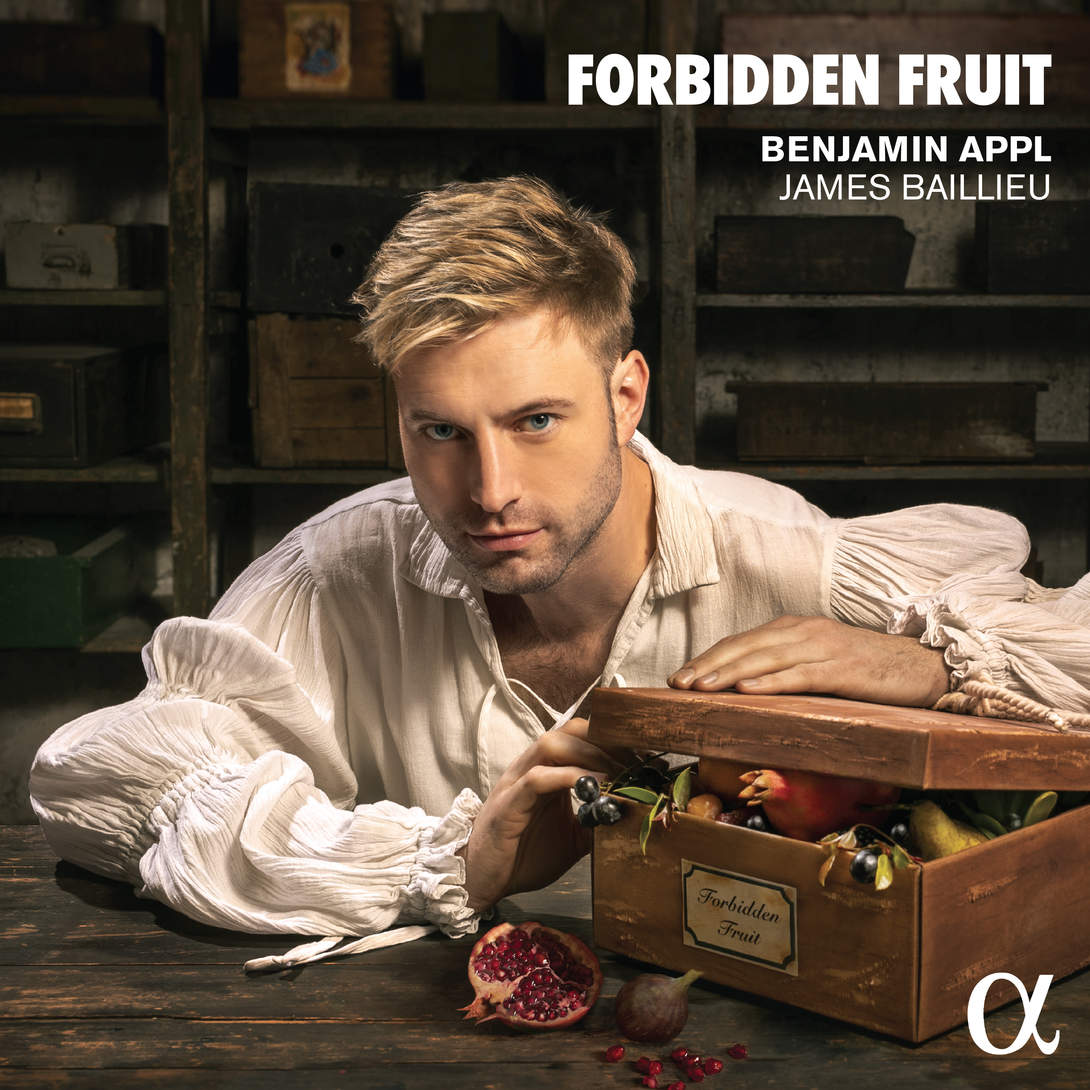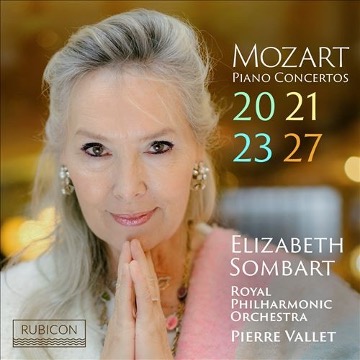TCHAIKOVSKY SYMPHONY NO. 5 – SCHULHOFF FIVE PIECES
A Captivating Rendition of Tchaikovsky’s Symphony No. 5
Richard Philipps, October 2023
The longstanding partnership between the Pittsburgh Symphony Orchestra and conductor Manfred Honeck continues to bear remarkable fruit, as evidenced by their latest release, Tchaikovsky’s Symphony No. 5. This particular album, the third featuring Tchaikovsky compositions, stands out as a shining jewel in their discography and is arguably one of the most exceptional performances of Symphony No. 5 to date.
Honeck’s approach to conducting is unabashedly romantic and deeply subjective, channeling an operatic intensity that breathes new life into Tchaikovsky’s masterpiece. One of the most striking aspects of this performance is the orchestral balance and control. The Pittsburgh Symphony Orchestra demonstrates mastery over dynamics, seamlessly transitioning between gentle harmonic underpinnings and thunderous climaxes. The brass section, in particular, shines with a rich and evocative timbre, oscillating between tender nuances and formidable power reminiscent of legendary orchestras led by luminaries like Mravinsky and Svetlanov.
Strings, often the heart of Tchaikovsky’s music, unfold with a lush and passionate lyricism, interwoven with remarkable articulation. Woodwinds, too, play a pivotal role, engaging in poignant dialogues with the strings, especially evident in the second movement. These interactions exude a sense of emotional depth that adds another layer to the overall narrative of the symphony.
Having previously recorded the fifth symphony over a decade ago, this seasoned partnership now showcases an unparalleled synergy and mutual understanding. The growth and maturity of their collaboration become palpable as the Pittsburgh Symphony Orchestra brings to life Honeck’s vision with an unparalleled finesse. Gone are the occasional moments of disconnection and uncertainty from their earlier recording; in their place stands an orchestra that navigates the score with astonishing precision and emotional depth.
A standout moment on the album is the opening of the second movement, where the orchestra sets the stage for the solo horn. Principal horn William Caballero’s rendition is nothing short of breathtaking, delivering the haunting melody with a tenderness and velvety tone that pierces the heart. Credit must be given to Reference Recordings for providing detailed liner notes that list the orchestral roster, underscoring the collective effort behind this stunning recording. The Pittsburgh Symphony Orchestra and Manfred Honeck’s latest interpretation of Tchaikovsky’s Symphony No. 5 is a true triumph. With the evolution of their collaboration evident in every note, the orchestra’s remarkable clarity, emotional resonance, and impeccable musicianship come together to create a rendition that will undoubtedly find its place among the finest performances of this iconic symphony. This album stands as a testament to the enduring power of musical partnerships and the inexhaustible beauty of Tchaikovsky’s music.
